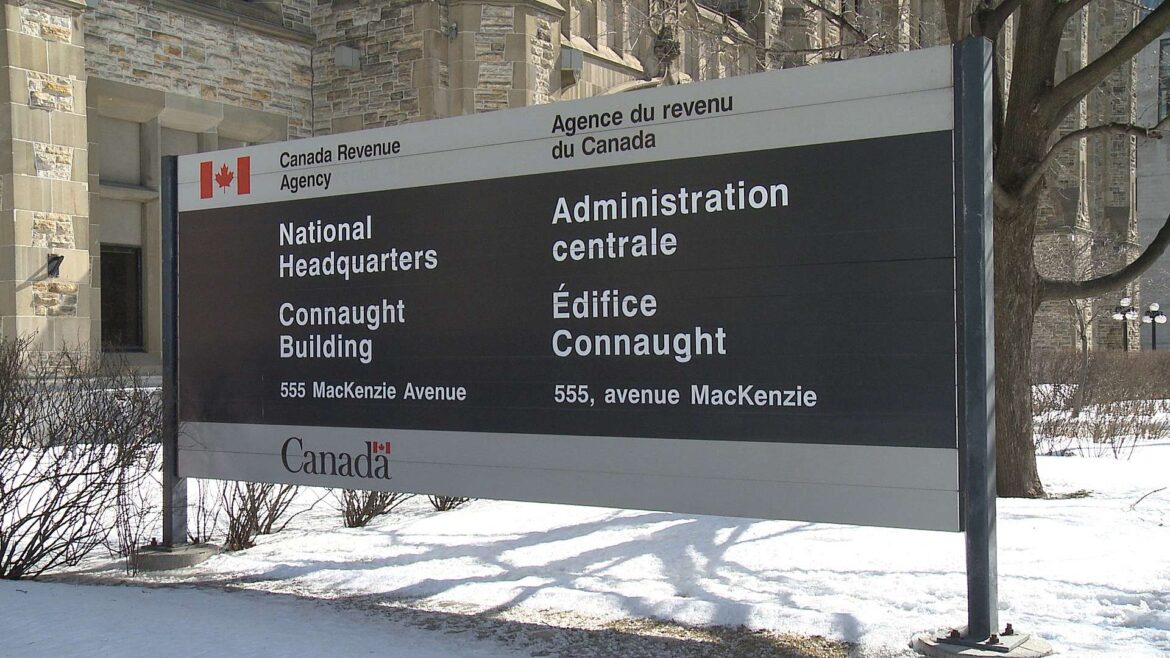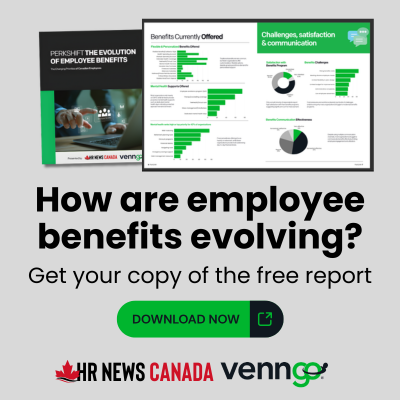A Canada Revenue Agency (CRA) worker, who alleged age discrimination because a job posting required a degree that was not common when he graduated university in 1975, has had his case dismissed by the Federal Court.
C.P., who retired from the CRA in 2022, applied for a Research and Technology Manager position in 2020 but was screened out because he did not meet the minimum education requirements.
The position required a postgraduate degree in a relevant field, or a bachelor’s degree in engineering or computer science.
C.P., who has a bachelor’s degree in biology and extensive experience in computer science, argued that the educational requirement discriminated against him based on his age, as computer science degrees were uncommon when he graduated in 1975.
Despite being granted “acquired rights” that allowed him to retain his position under the new standards, C.P.’s application for the managerial position was not reconsidered under these acquired rights. Following an initial individual feedback decision that upheld the screening, C.P. successfully challenged it in 2022, leading to a remand for reconsideration.
The CRA again upheld its decision, prompting him to seek judicial review.
Court’s analysis and decision
Justice Pallotta’s ruling centered on whether the individual feedback process was procedurally fair and whether the decision to uphold the screening was reasonable. The Court emphasized that procedural fairness in such contexts is “eminently variable,” requiring only that the applicant had a meaningful opportunity to present their case.
In her detailed judgment, Justice Pallotta addressed several key issues:
Procedural fairness
The Court found that the individual feedback process adhered to CRA policies and was conducted fairly. C.P. had the opportunity to present his case and his arguments were considered. The CRA’s recourse procedures explicitly state that the manager responsible for the hiring decision conducts the feedback, which was properly followed.
Reasonableness of the decision
The Court held that the CRA’s decision to uphold the educational requirements was reasonable. The Manager’s decision was based on an internally coherent and rational analysis, considering CRA’s staffing policies and business requirements for the job.
Justice Pallotta noted that the minimum education standard was broadly applicable to various fields of science and did not specifically disadvantage older candidates.
Claims of adverse effect discrimination
Justice Pallotta ruled that the Manager adequately addressed C.P.’s claims of adverse effect discrimination.
The decision noted that other candidates of similar age with appropriate graduate degrees were not screened out, indicating that the educational requirement did not inherently discriminate based on age.
Lessons from this case
This ruling provides crucial insights for employers and HR professionals regarding the application of educational requirements and the management of discrimination claims:
- Fair application of educational standards: Employers must ensure that educational requirements are relevant to the job and applied consistently to all candidates, without creating undue barriers based on age or other protected grounds.
- Thorough documentation and reasoning: When addressing complaints about staffing decisions, it is essential to provide detailed and reasoned responses that demonstrate consideration of the employee’s arguments and compliance with policies.
- Availability of accommodations: Organizations should clearly communicate available accommodations and support programs, such as educational assistance, to help employees meet necessary qualifications for career advancement.
The Federal Court’s decision underscores the importance of fair and transparent hiring practices, especially in public sector employment. While C.P.’s case highlights the difficulties older employees may face in meeting new educational standards, the ruling affirms that such standards must be justified and applied without discrimination.
Employers are reminded of their obligations to ensure equitable hiring processes and to address complaints of discrimination comprehensively and fairly.
For more information, see Priest v. Canada (Attorney General), 2024 FC 773 (CanLII).





